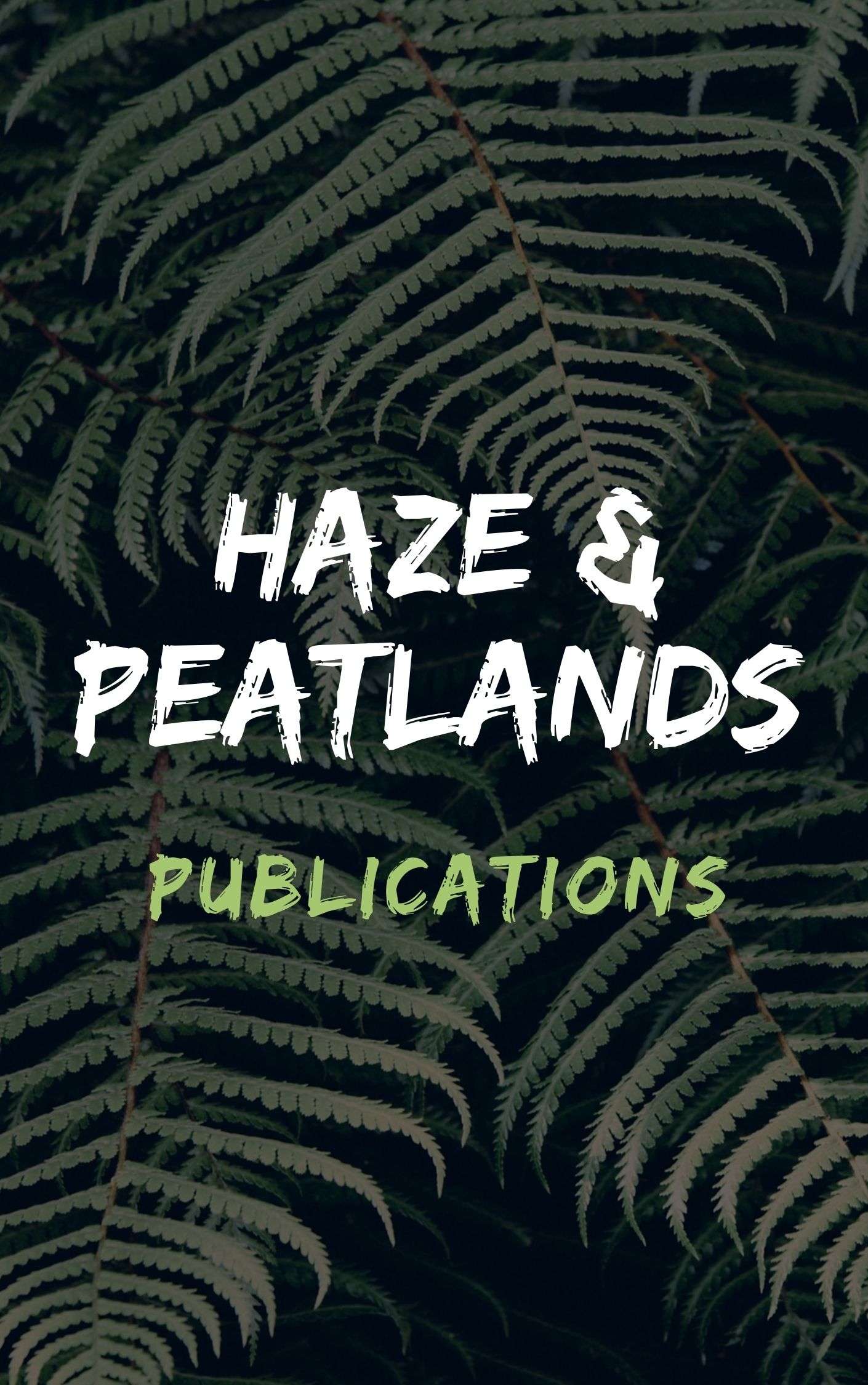This paper studies the survivability of peatland-related programs in Indonesia. Despite an increase in the global and national programs for peatland restoration, many of these programs fail to survive in the long-term. To understand this low survivability, this paper examines how peatland-related programs re-arrange the relationship between the local community and peatland across time and how the new actor-network contributes to the survivability of peatland programs. We develop a multi-level actor-network framework that combines the multilevel perspective from transition studies to capture the stability of actors' relationships and power from actor network theory to investigate how activities mobilise human and non-human actors to comply with a specific program. Our research shows that non-human actors such as peat, paddy, Acacia, and fire shape peatland-related programs by resisting non-suitable crops, by re-shaping the program, by mobilizing human actors, and by creating pressure to the existing regime. We highlight that the survivability of peatland restoration programs is strongly influenced by how they are adjusted to the materiality of these non-human actors. Given the importance of peatland restoration programs, our study provides an approach in which human and non-human come together to generate plural voices to ensure the survival of peatland restoration programs.
View source

